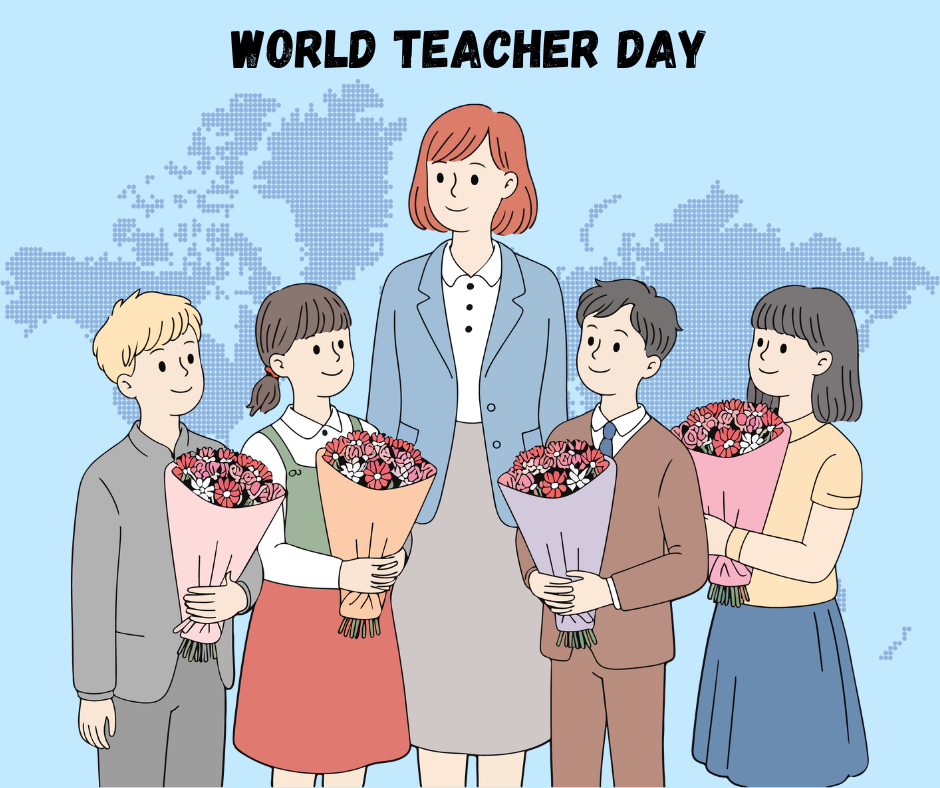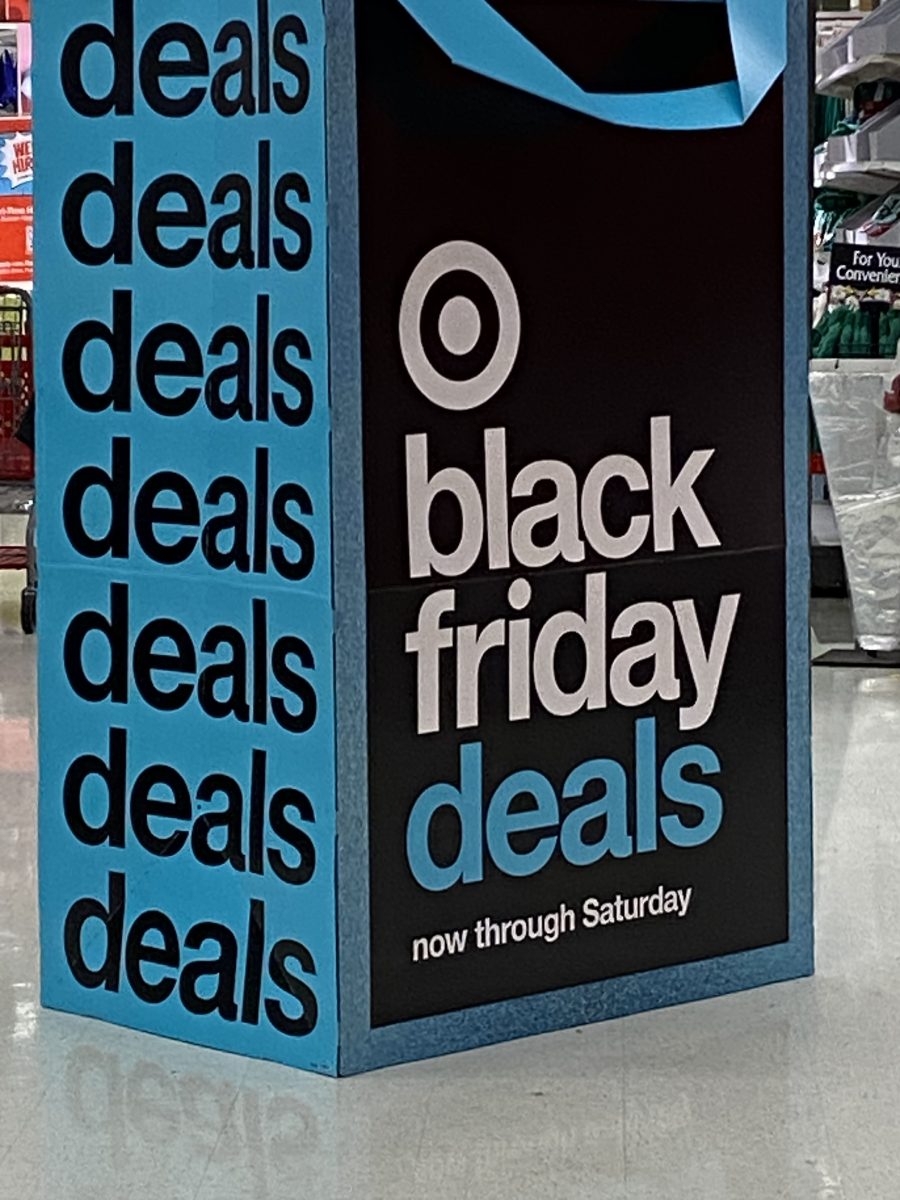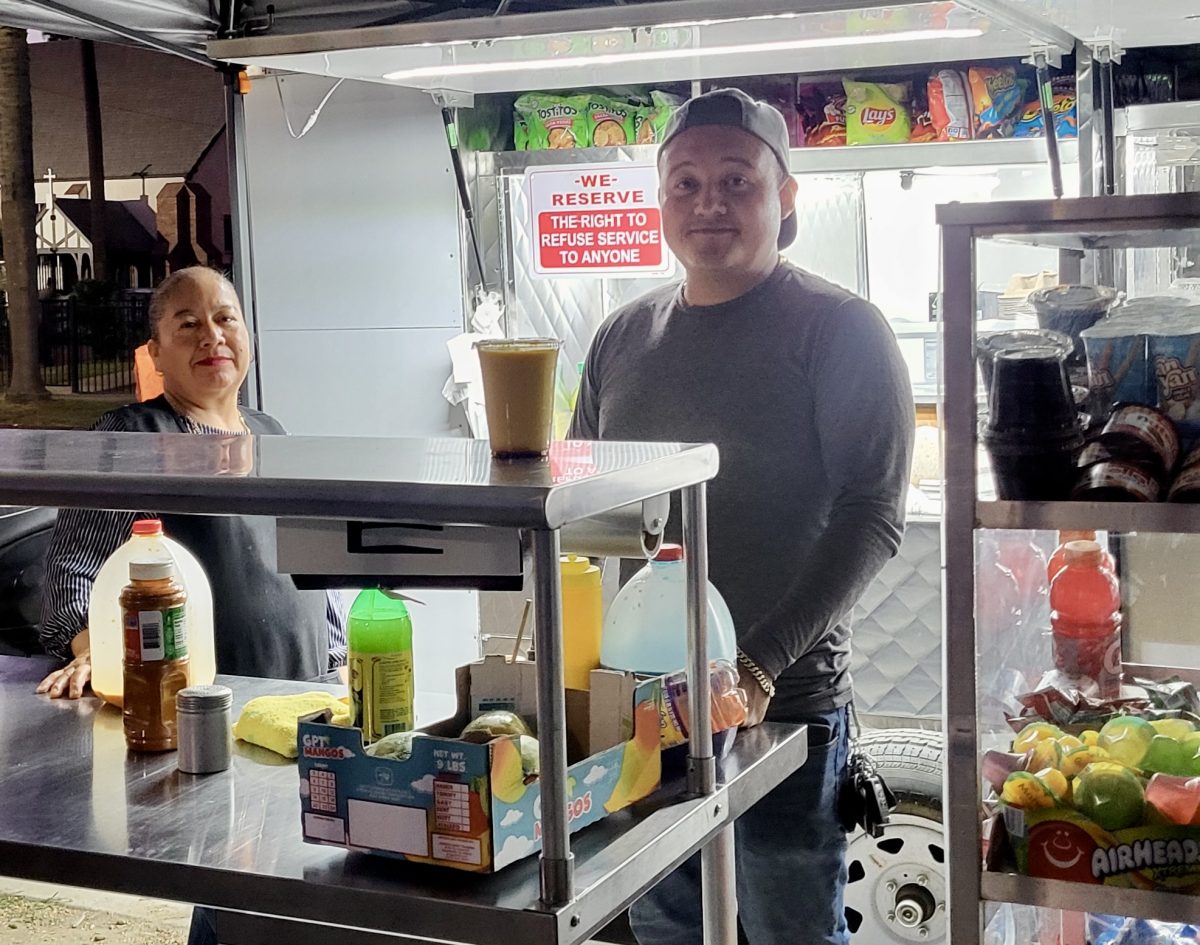Black Friday, notorious for being the busiest shopping day of the year, has its pros and cons for consumers, workers, and businesses. People resort to extreme measures to snag doorbuster items and unbeatable deals. But what price is truly paid by all during the chaotic buying frenzy that occurs on this day?
The American tradition of Black Friday falls on the day after Thanksgiving, with a mad rush of shoppers heading out the door to kick off their shopping spree to find items for themselves, birthday gifts, or for the holidays. However, the hectic nature of this annual custom can have a positive and negative impact.
In 2009 and subsequent years, many large retail stores began opening their doors to customers on Thanksgiving day rather than the official Black Friday, gaining the name “Gray Thursday.” The corporation that introduced this change did this to help alleviate crowds.
Both Black Friday sales and pre-sales can have certain benefits, including extra pay for employees, early access to sales without facing swarms of shoppers, and an opportunity for companies to rake in profit.
Retail worker Isaiah Hernandez, 23, felt that working on Thanksgiving for early Black Friday deals was worth it due to the holiday pay he received. He also described the differences in foot traffic on this day compared to Black Friday.
“Some others and I had to work on Thanksgiving a few times. It honestly looked like any other day with a normal amount of shoppers. My shift wasn’t nearly as crazy as it was the next day. On Black Friday, my checkout line was really long with customers, and there were people all over the store. It wasn’t all that bad though because I ended up getting paid for working on a holiday and received an overtime check for Black Friday,” Hernandez said.
The COVID-19 pandemic in 2020 raised awareness in many large retail corporations, and they began to close their stores on Thanksgiving day, unlike prior years when they offered sales on the holiday. Starting this year, many more businesses plan to either put an end to “Gray Thursday” or shorten the hours that they’re open as a way to support the time employees and customers can be spending with their families.
When asked about her thoughts on this change to the sales, Rebecca Aguilar, 46, a parent who partakes in Black Friday shopping every year, expressed some relief.
“I came late to dinner once because I was at the store last minute, and I felt bad about it later on, but I didn’t want to have to deal with too many people in the stores. I’m glad that businesses are considering closing on Thanksgiving and restricting shoppers on that day because it interferes with the time people should be with their family and friends,” Aguilar said.
Hernandez was also pleased to hear about these store closures on Thanksgiving after his experience working on the holiday.
“Holiday hours can already be long and stressful, so having the day off to visit my family seems a lot better,” Hernandez said.
While chaotic and sometimes worrisome, the large amount of foot traffic and purchases on Black Friday are enough for companies to make huge profits off of. This day acts as a way for businesses to make the most money in comparison to any other day in the year. Hence the name “Black Friday,” which correlates with the idea that when business is in black, that company is doing well with sales, while “in red” means there is less financial gain on their end. In 2022 alone, companies had a huge success when sales on Black Friday exceeded $9.2 billion, forming a new record.
As Black Friday is like a double-edged sword, the prosperity of companies can bring the financial downfall of their customers. The amount of money spent on this day is estimated to be around $300 to $400 for the average American but is expected to see a rise this year. Some consumers are overspending and charging up their credit cards or spending money in their savings.
Another consistent Black Friday shopper, Maria Lopez, 27, has witnessed these harmful spending habits in others and herself.
“I know that some of my friends spend a lot of money on items every year when they go on sale. I myself have sometimes gone overboard with my spending because it’s very tempting to buy things at such low prices. Usually, I use this day to my advantage and get most of my Christmas shopping out of the way, but the cost adds up,” Lopez said.
Aside from potentially making impulsive purchases, Black Friday has the ability to get out of hand. With limited stock available, buyers at times have camped outside of stores in order to get their hands on deals too good to pass up. Before the introduction of online shopping, it was more frequent for mobs to rush stores, causing fights to break out, leading to potential harm for shoppers and even workers.
In 2008, an employee was trampled to death when crowds became too aggressive when entering the store.
In response to all this, stores are starting to extend their Black Friday deals throughout the month of November, offering online-only deals with free shipping, incorporating crowd control, and some places handing out tickets for items that are in high demand.
Former retail worker Ryan Melchor, 31, explained how, over the years, his past company had implemented one of these changes to their Black Friday operation and hopes that shoppers have better experiences.
“It’s good that customers have other options now so they can get their deals from the comfort of their own home. I saw how hard it was to get some items because they would run out quickly, and some customers left looking disappointed or upset,” Melchor said.


































